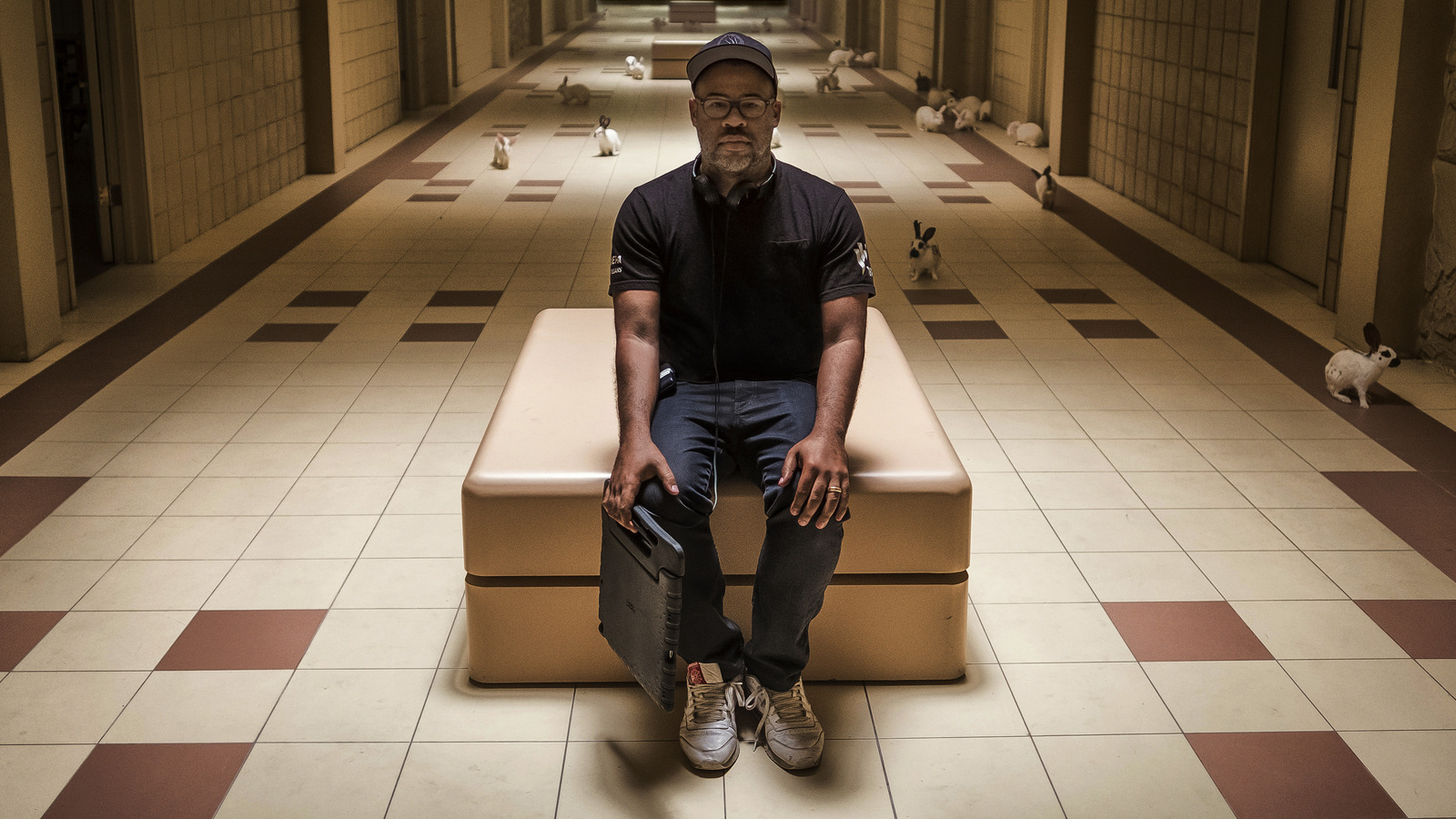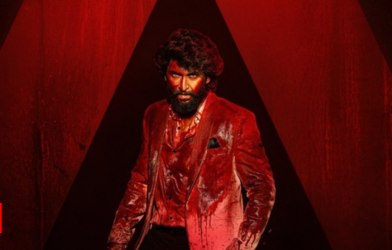The lessons here, for my money, are crystal clear. For one, it’s downright incredible that Jordan Peele stuck to his guns and bet on himself in the aftermath of the success of “Get Out.” He assuredly had offers to take on big, flashy franchise projects. Heck, he could have made an “Akira” movie but turned it down because, as he put it, “At the end of the day, I want to do original stuff.” So do many other filmmakers, but he was actually provided the platform to do so.
“Us” kept Peele’s hot streak alive and, in the years since, he has only ever invested more in original stories, be it his own or from other filmmakers. Even when he touches IP, like with “Candyman,” he’s investing in original voices, in that case Nia DaCosta. Peele has not only used his success to continue telling original stories for himself, but he’s leveraged that success to help bolster even more stories that might otherwise have not seen the light of day. Or, at the very least, they wouldn’t have been given the prestige they were afforded when Peele came on board. That’s not just power — that’s using one’s power for good.
Peele could have done the easy thing by making a sequel to “Get Out” or another movie in the “Us” universe, and it seems he at least considered both of those things. But he has resisted the obvious choice at every turn, instead doing something unexpected that still manages to be profitable for all involved.
It might have been, in another world, that we talk about Jordan Peele the way we for a time talked about M. Night Shyamalan, desperate to rediscover the man who made “The Sixth Sense.” Peele has avoided the crash from the highest of highs and it was “Us” that showed both critics and audiences that he was more than a one trick pony. It was just one of many more tricks to come.









